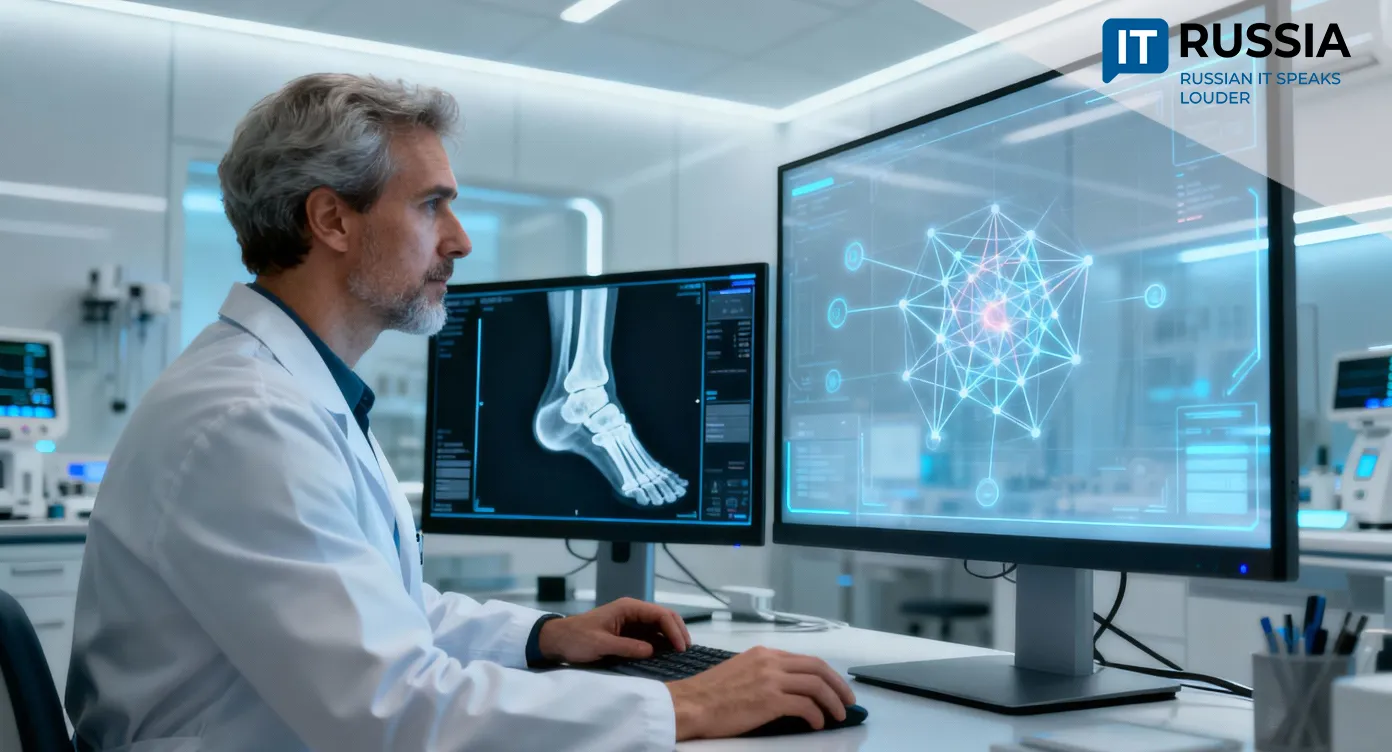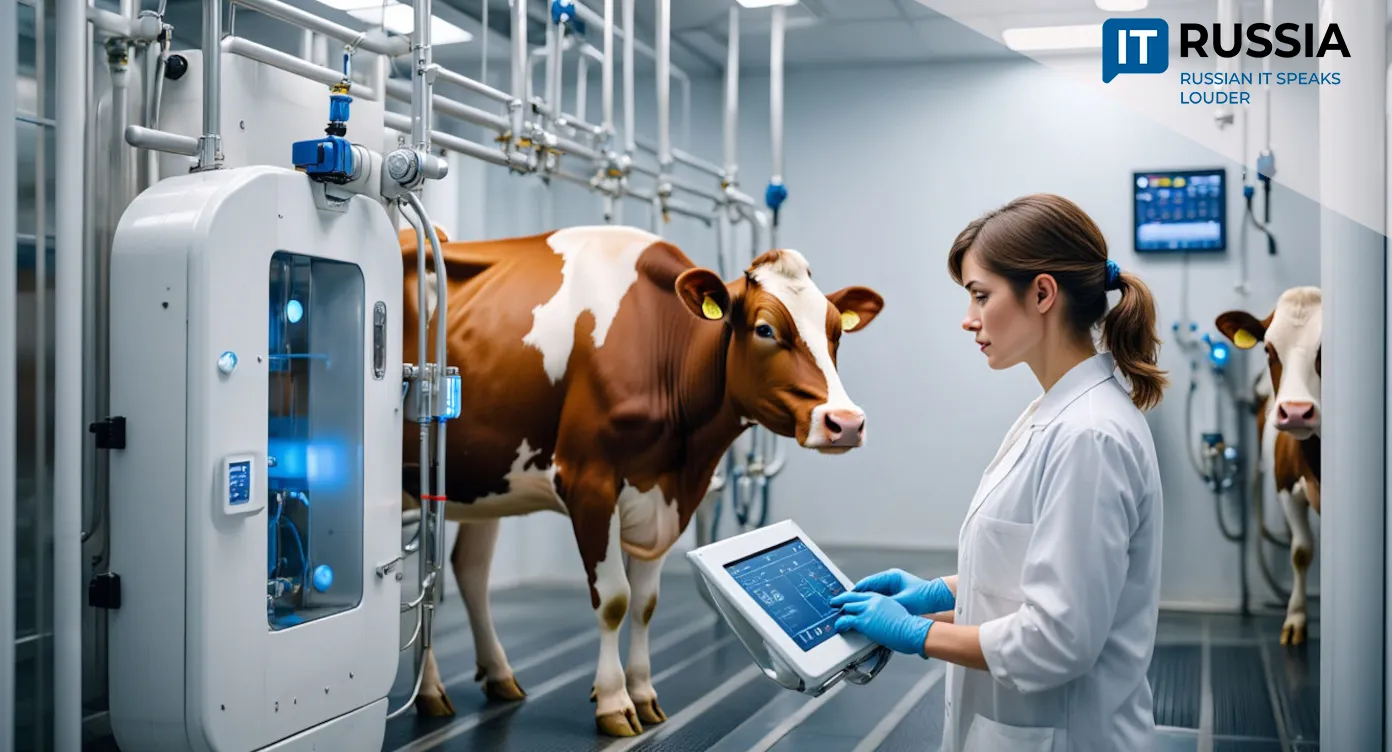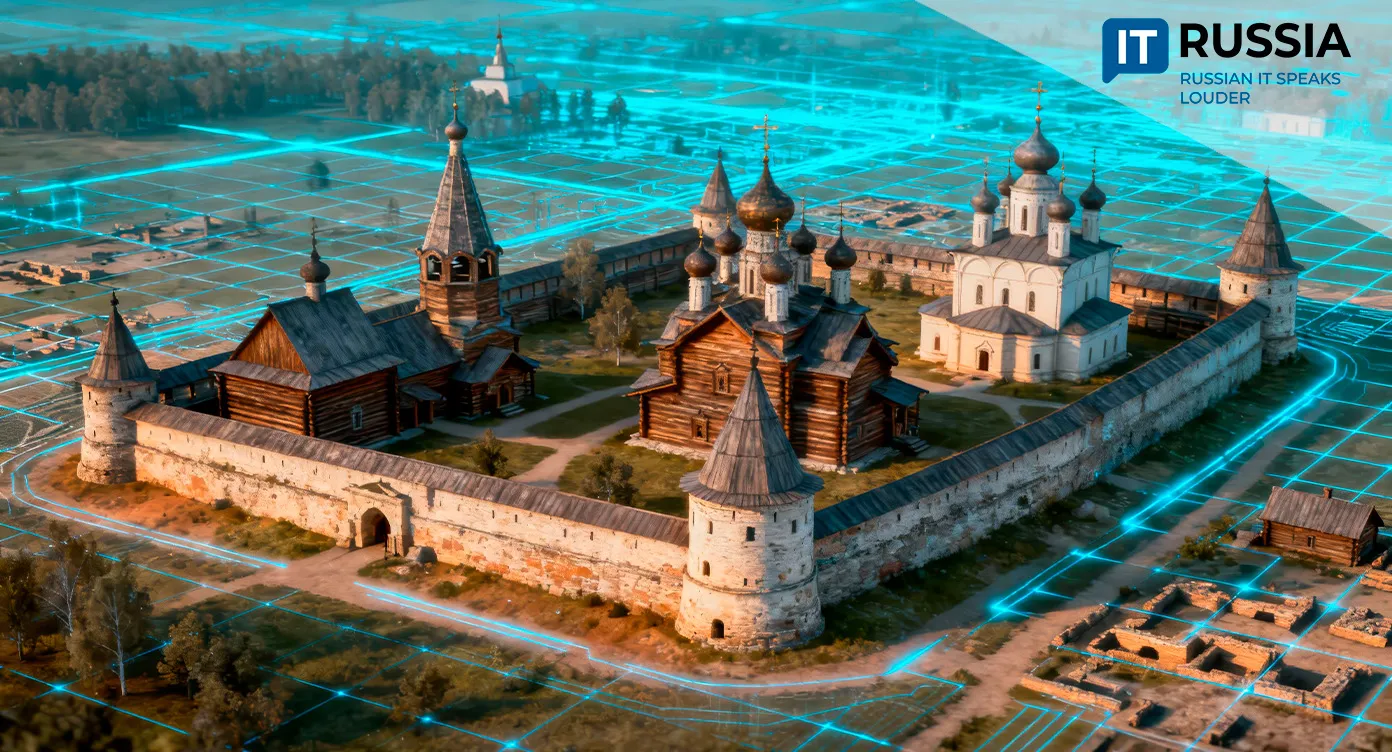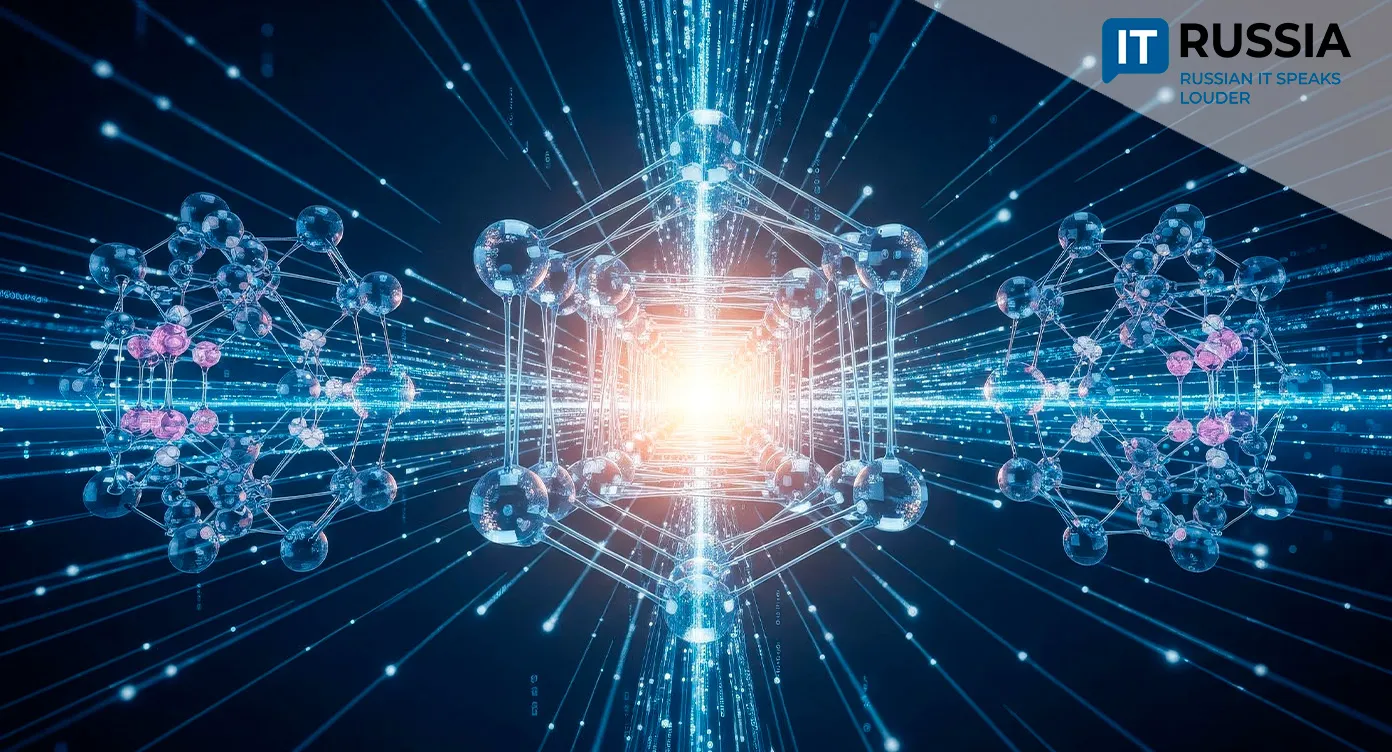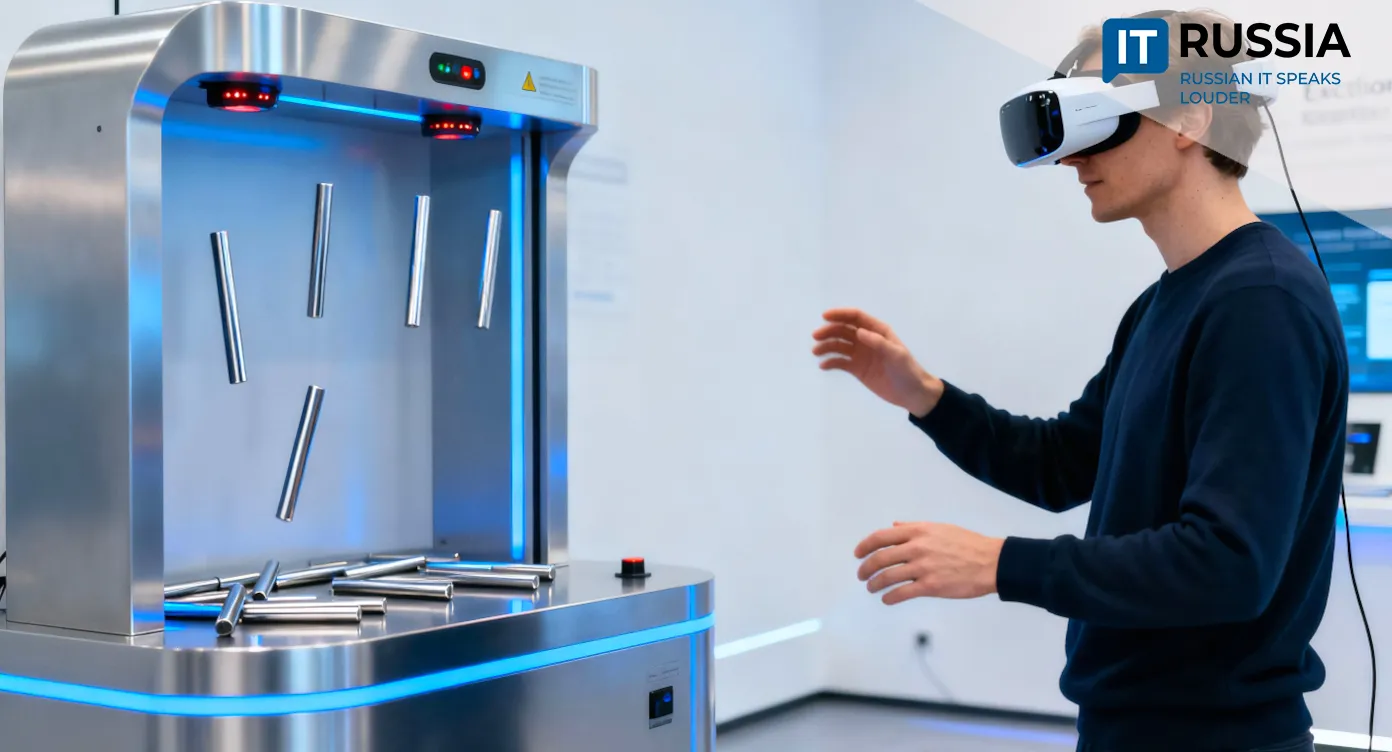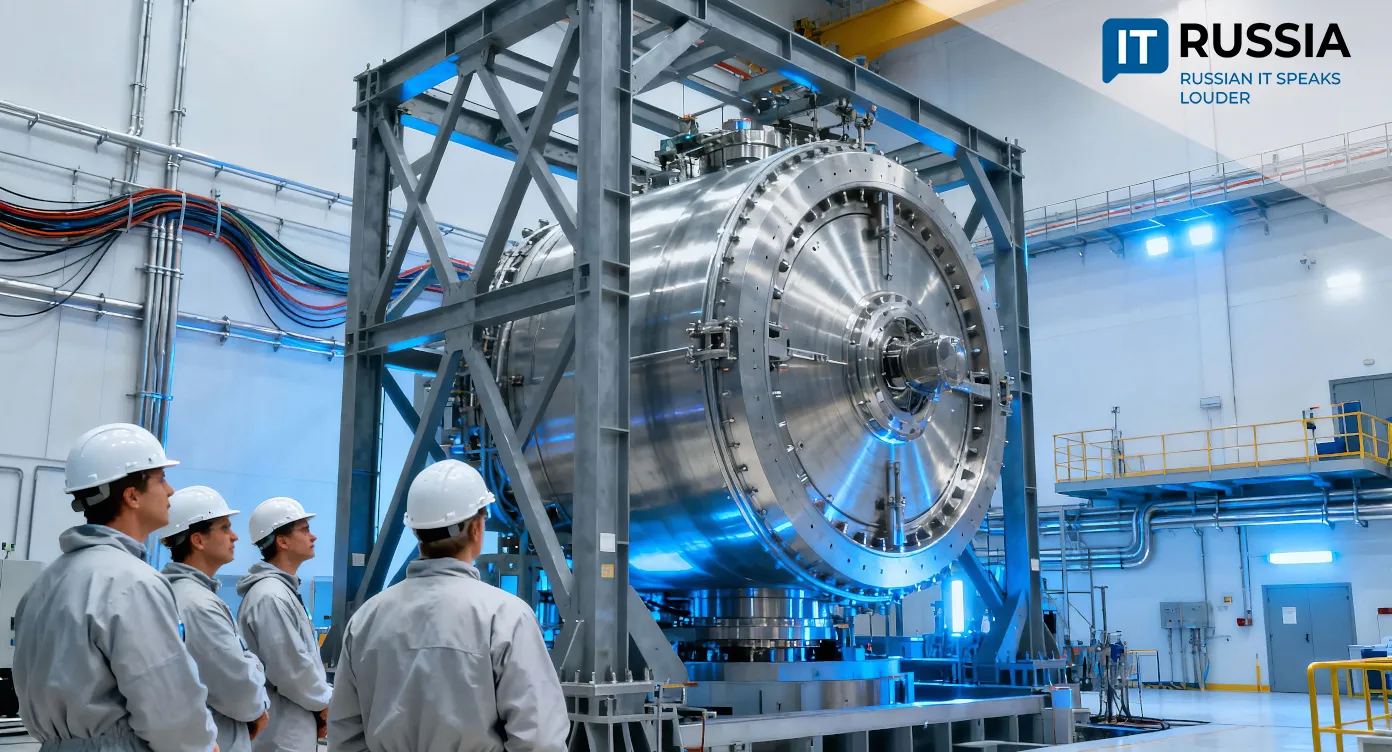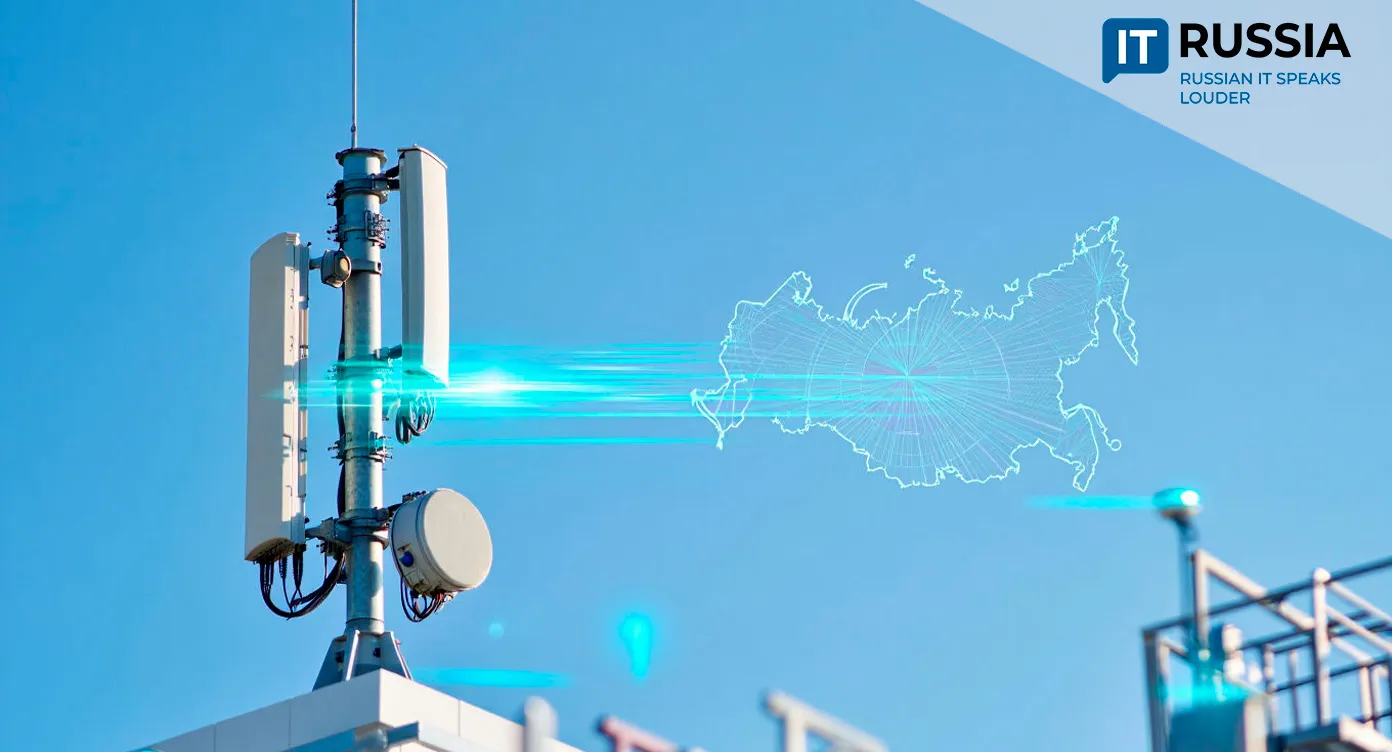Russia Enters the Era of Autonomous Science: GigaEvo Reshapes AI Research
Russia’s research community is entering an era of autonomous science as a new platform, GigaEvo, aims to automate AI‑driven experimentation and accelerate scientific discovery.

AI‑Driven Science
Twenty‑first‑century science increasingly resembles advanced manufacturing, where speed, precision, and minimal human intervention are essential. What once required months of manually tuning models and testing hypotheses can now be delegated to artificial intelligence.
At the AI Journey conference in Moscow, researchers from the Artificial Intelligence Research Institute (AIRI) presented GigaEvo, a platform designed to automate scientific experimentation. The team describes it as a step toward building Russia’s own infrastructure for autonomous research.
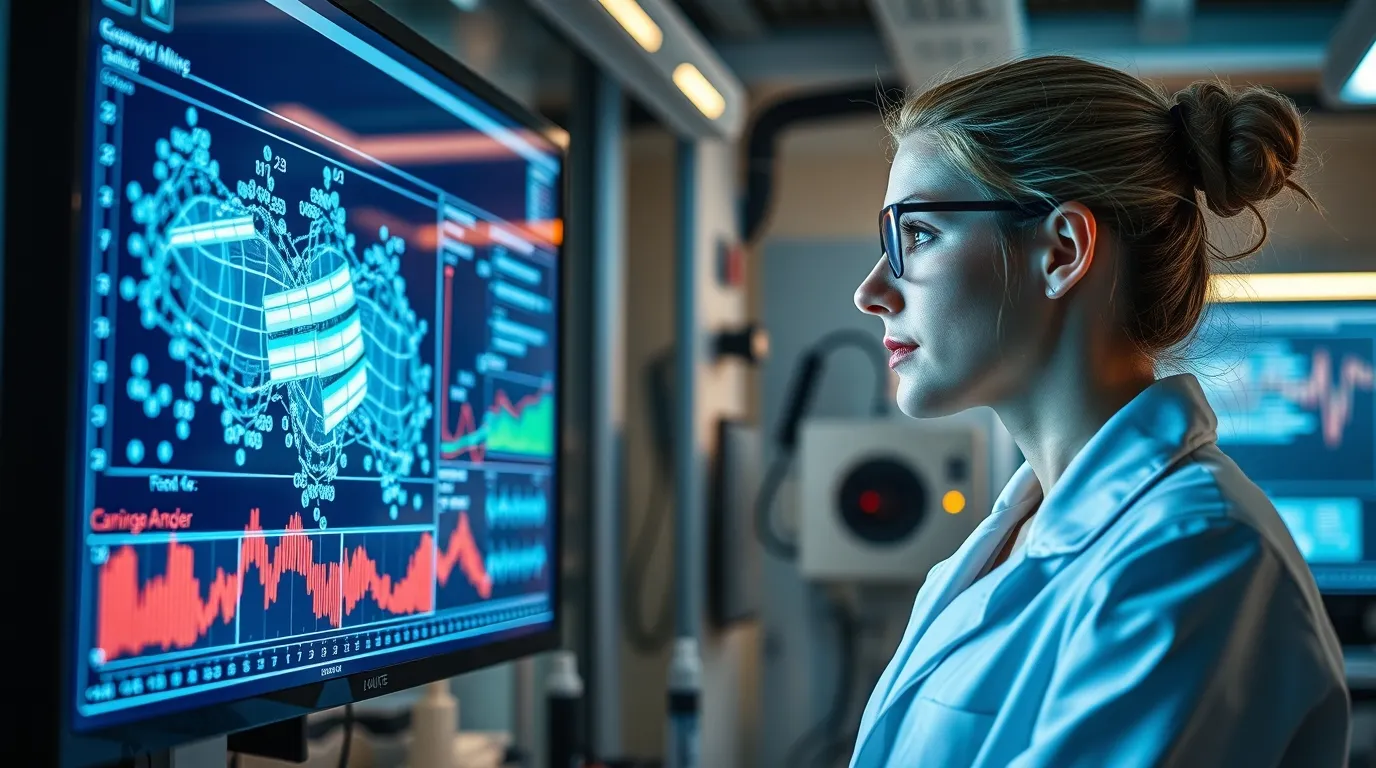
How GigaEvo Works
GigaEvo automates the experimental pipeline using an evolutionary search for training strategies. Instead of manually selecting a model architecture, optimization parameters, or data‑processing methods, researchers define a goal and the system synthesizes optimal strategies—much like natural selection identifies the fittest organisms.
The effect is twofold: experimental cycles accelerate dramatically, and the resulting models often surpass those that human experts can design. By exploring combinations that researchers may overlook, the system expands both the speed and the quality of scientific output.
Technology as Sovereignty
GigaEvo carries strategic significance for Russia. The platform is positioned as an open analogue to Google DeepMind’s AlphaEvolve, which generates and optimizes algorithms with minimal human input.
Developing such systems domestically helps Russian laboratories reduce reliance on foreign cloud services, proprietary libraries, and technologies vulnerable to geopolitical constraints. This independence is increasingly valuable in the global competition surrounding AI.
National Impact
Accelerated experimentation benefits multiple national priorities. Faster scientific discovery directly influences healthcare through improved diagnostics and personalized medicine, strengthens industry through predictive maintenance and intelligent automation, and supports the energy and defense sectors.

GigaEvo aligns with Russia’s national programs, including Digital Economy and Artificial Intelligence, by offering an adaptable foundation for a domestic research ecosystem.
Challenges and Outlook
Moving from a conference debut to widespread adoption will require work. GigaEvo faces competition from established AutoML and MLOps platforms, and its success will depend on computational resources, documentation quality, community support, and a sustainable commercial model. Still, its open architecture provides a unique advantage, making it a potential candidate for collaboration with universities and laboratories across the CIS and the Global South.
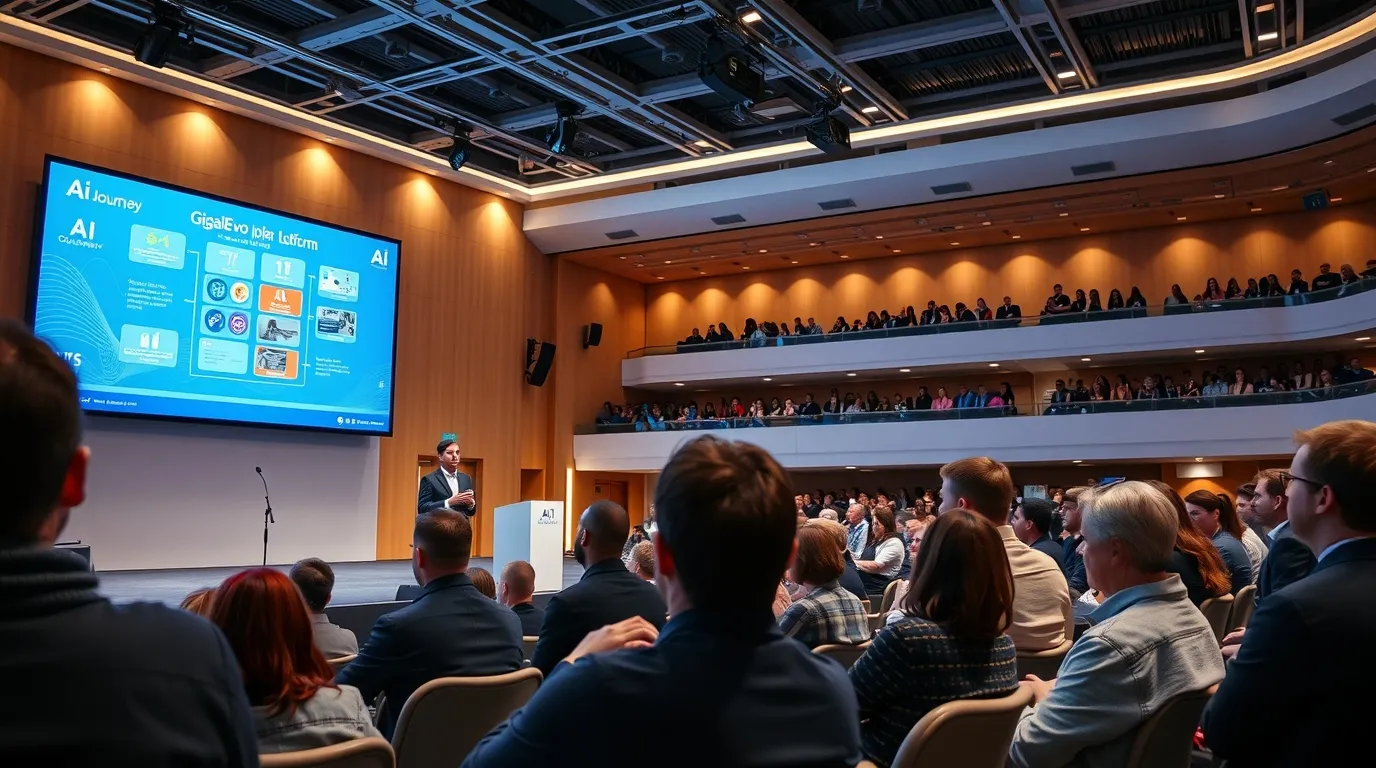
Over the next one to two years, GigaEvo is expected to become a core tool for leading scientific centers and universities in Russia. In the longer term—five to ten years—it could evolve into an ecosystem with specialized modules for medicine, materials science, logistics, and even fundamental physics. Rather than simply following global trends in automated science, Russia is carving its own trajectory.












